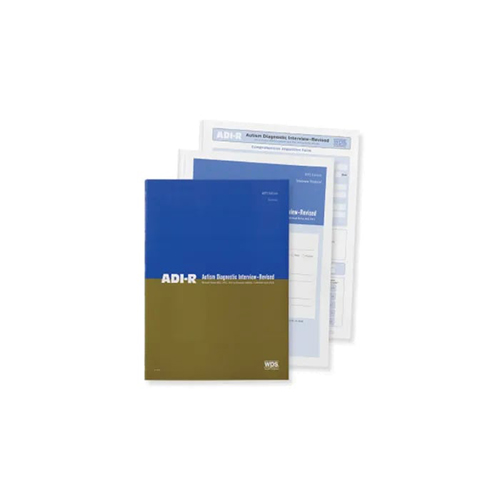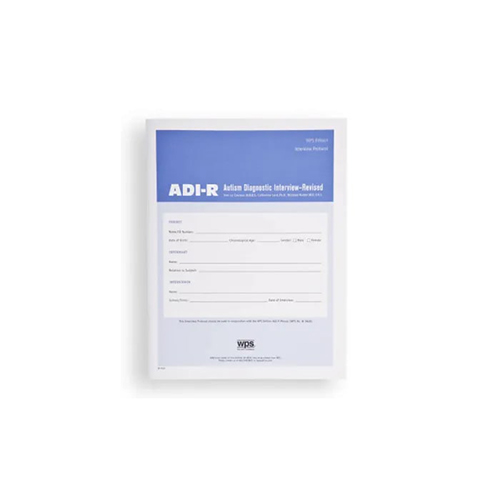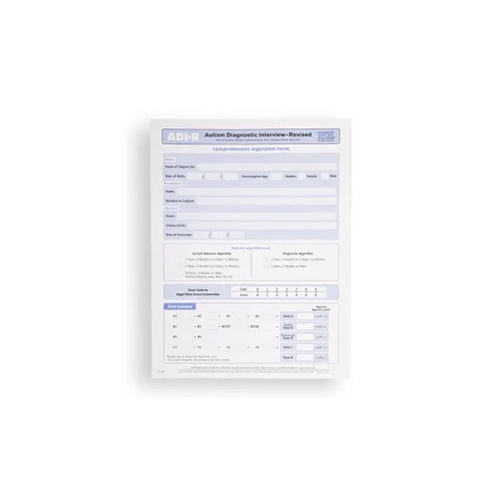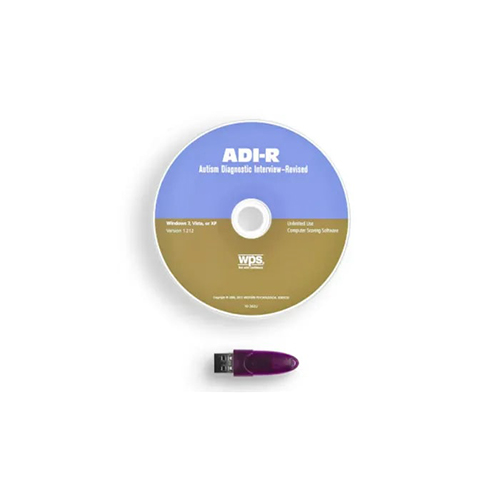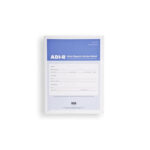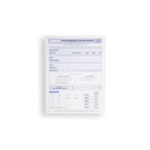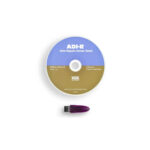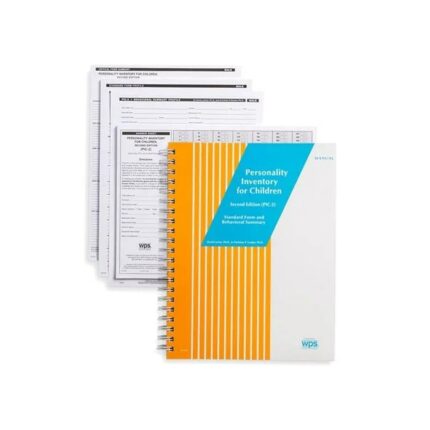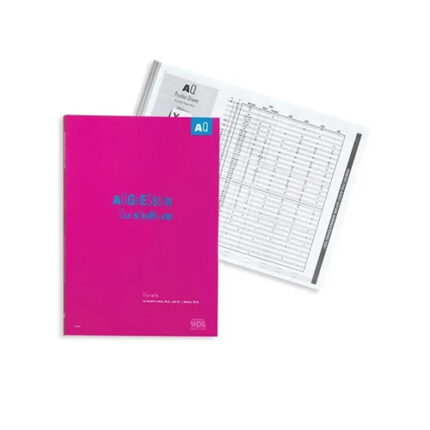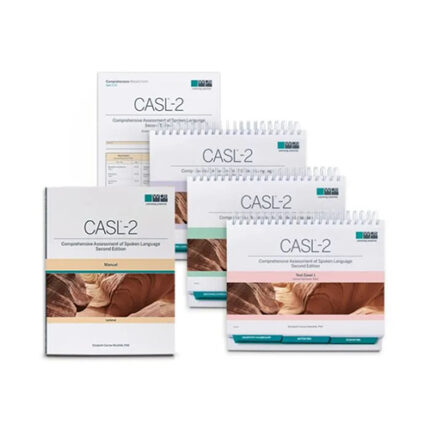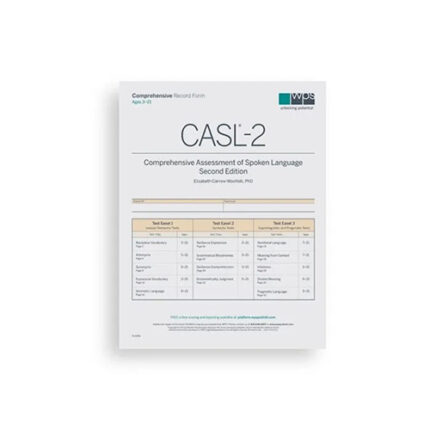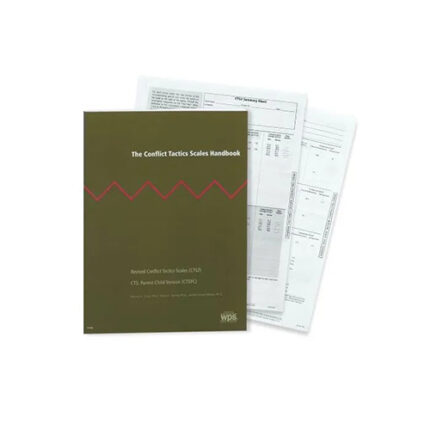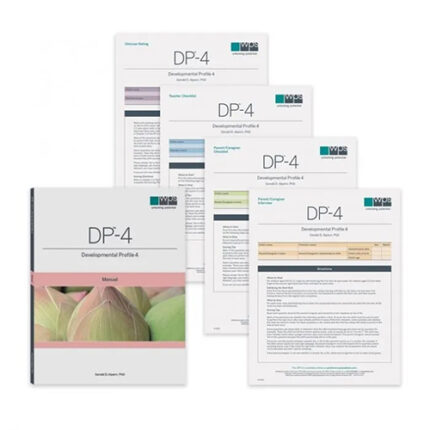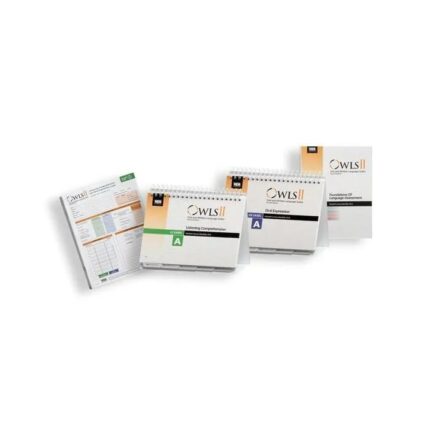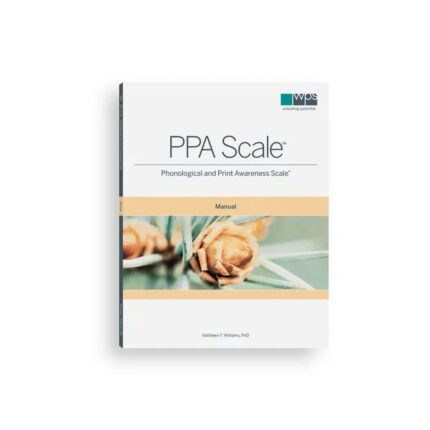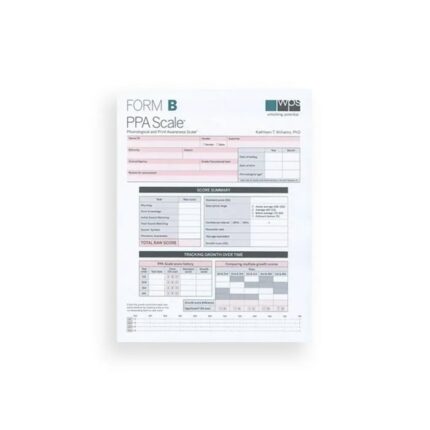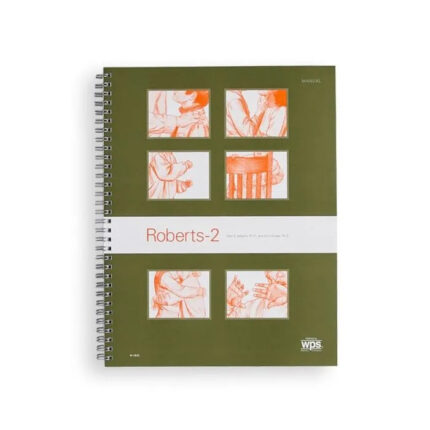(ADI®-R) Autism Diagnostic Interview–Revised
BENEFIT
Published Translations

Used in research for decades, this comprehensive interview provides a thorough assessment of individuals suspected of having autism or other autism spectrum disorders (ASDs). The ADI-R has proven highly useful for formal diagnosis as well as for treatment and educational planning.
To administer the ADI-R, an experienced clinical interviewer questions a parent or caretaker who is familiar with the developmental history and current behavior of the individual being evaluated. The interview can be used to assess both children and adults, as long as their mental age is above 2 years, 0 months.
Evaluate Three Functional Domains
Composed of 93 items, the ADI-R focuses on three functional domains:
- Language/Communication
- Reciprocal Social Interactions
- Restricted, Repetitive, and Stereotyped Behaviors and Interests
Following highly standardized procedures, the interviewer records and codes the informant responses to questions covering eight content areas:
- The subject’s background, including family, education, previous diagnoses, and medications
- Overview of the subject’s behavior
- Early development and developmental milestones
- Language acquisition and loss of language or other skills
- Current functioning regarding language and communication
- Social development and play
- Interests and behaviors
- Clinically relevant behaviors, such as aggression, self-injury, and possible epileptic features
Use One Convenient Form to Score Any ADI-R Algorithm
Typically, administration and scoring require 90–150 minutes.
Results can now be scored and interpreted using a single convenient form rather than the five forms previously required. The ADI-R Comprehensive Algorithm Form (W-382E) allows clinicians to calculate and interpret any one of five age-specific ADI-R algorithms (two Diagnostic Algorithms that are based on developmental history and are used for formal diagnosis, and three Current Behavior Algorithms that focus on present functioning and are used for treatment and educational planning). The algorithms themselves have not changed; the revised form simply replaces the five forms previously needed to calculate the algorithms.
Support Diagnosis or Determine Clinical Needs
Because the ADI-R is an interview rather than a test, and because it focuses on behaviors that are rare in unaffected individuals, it provides categorical results rather than scales or norms. Results can be used to support a diagnosis of autism or to determine the clinical needs of various groups in which a high rate of autism spectrum disorders (ASDs) might be expected (e.g., individuals with severe language impairments or certain medical conditions, children with congenital blindness). The ADI-R has proven very effective in differentiating autism from other developmental disorders and in assessing syndrome boundaries, identifying new subgroups, and quantifying autistic symptomatology. Extensive use of the ADI-R in the international research community has provided strong evidence of the reliability and validity of its categorical results.
Master the ADI-R with Video-Based Training
Administration and coding of the ADI-R are highly standardized, and valid assessment requires training. The ADI-R Training Video Program (LMS-382) allows clinicians to learn administration procedures and to practice accurate coding. Associated continuing education (CE) credits are also available. This program is now available in an online self-study format on the WPS Professional Learning Center (WPS ProLearn); it was previously offered only as a DVD training package (to order, please contact an Assessment Consultant). If clinicians plan to use the ADI-R in formal research, they may require additional training provided by the test authors and their colleagues. WPS is not involved in these courses. For information about research training workshops, please visit the website for CADB and for UCSF ASD training for more information.
The ADI-R Training Video Program (LMS-382) consists of online videos (with a total running time of 16 hours) that show expert interviewers as they administer the ADI-R to parents. Digital support materials for use with the online videos include a Training Guidebook that discusses each case featured on the videos and that clarifies coding and scoring decisions. The following print materials, sold separately, are also needed: the ADI-R Interview Booklet (W-382A) and the ADI-R Comprehensive Algorithm Form (W-382E). For convenience, a combined set of these printed forms for use with the program materials is available (W-382H).
When clinicians have finished the ADI-R Training Video Program, they can receive 18 CE credits by purchasing and successfully completing the associated CE materials (Independent Study: ADI-R Training Video Program [LMS-382CE]).
To purchase the ADI-R Training Video Program (LMS-382) and its associated CE materials (LMS-382CE) on the (WPS ProLearn), simply add the products to your cart and complete your purchase. You will receive a follow-up email from WPS with information on how to access the materials on the (WPS ProLearn). For additional CE-related information and products, visit our CE page and CE FAQ page.
Score All ADI-R Algorithms with an Unlimited-Use CD
The ADI-R Unlimited-Use Scoring CD (W-382U) allows clinicians to score all ADI-R algorithms. Use the standard paper-and-pencil administration (W-382A) and enter responses into the program for rapid results.
| Therapy |
All Therapy Evaluation Tools |
|---|


